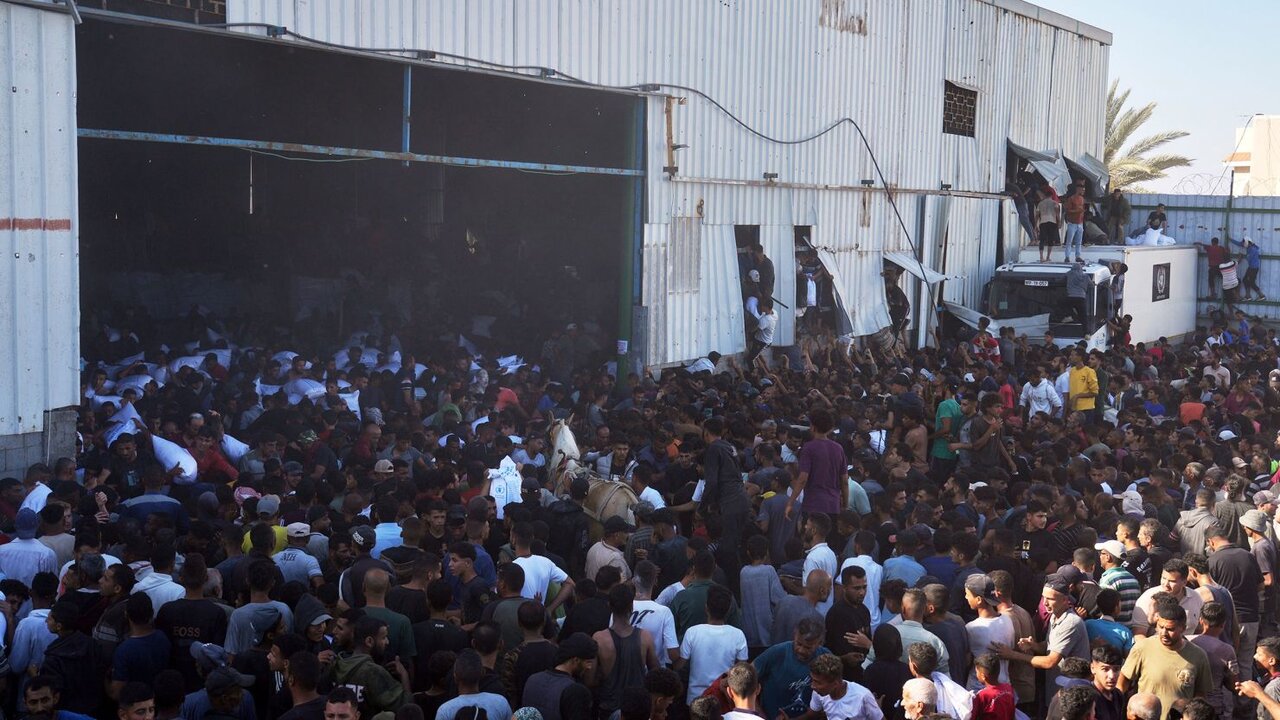
Similar Posts
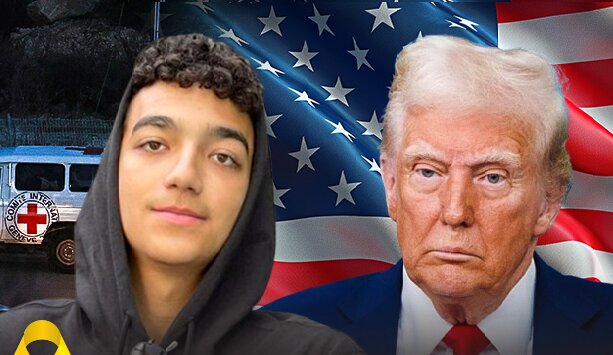
Hamas Reaches Out to Pro-Trump Activist for Secret Negotiations Leading to Edan Alexander’s Release
Edan Alexander, the last American held in Gaza, was released following intricate backchannel negotiations involving Hamas, U.S. officials, and Israeli representatives. Initiated by a Hamas message to Bishara Bahbah, the talks aimed to leverage pressure on Israel through Trump’s envoy, Steve Witkoff, who prioritized Alexander’s release. Over several weeks, communication intensified, culminating in Hamas agreeing to release Alexander unconditionally. The negotiations occurred without Israeli knowledge, revealing the complexities of diplomacy in the region. Future discussions are planned to address a broader ceasefire and hostage situation, with Israeli officials remaining cautious about the potential outcomes amid ongoing military operations.
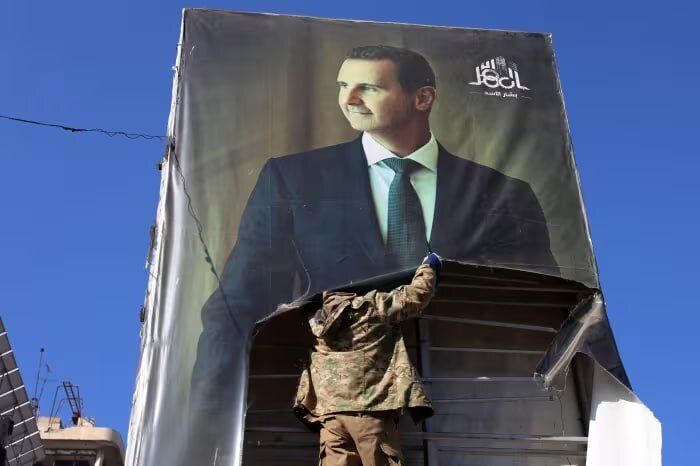
UN Report: Syria’s Economic Recovery Could Take Over 50 Years – A Call for Urgent Global Support
The UN Development Programme (UNDP) reports that Syria’s economy will take over 50 years to recover from 14 years of conflict, which has reversed nearly 40 years of progress. Currently, 90% of Syrians live in poverty, and GDP has fallen to less than half its 2011 level. Achieving 5% annual growth is crucial for recovery. UNDP chief Achim Steiner emphasizes the need for long-term investments in agriculture, infrastructure, and governance reform to ensure stability. Recent political shifts, with armed groups claiming control, add uncertainty to the situation, highlighting the importance of a comprehensive recovery strategy for Syria’s future.
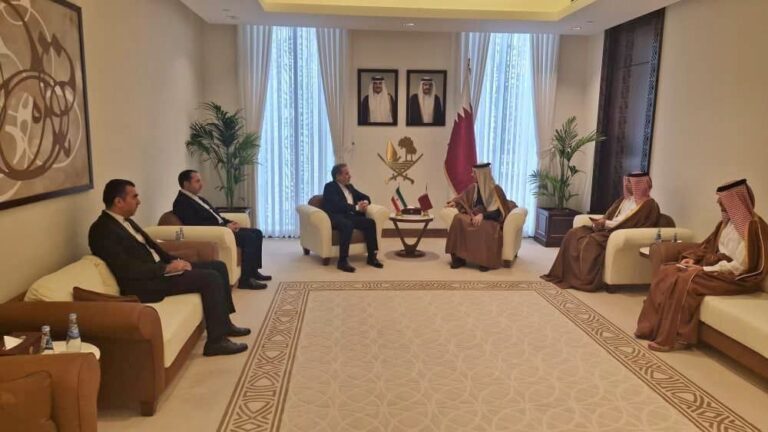
FM Araghchi Engages in Strategic Talks with Qatari Counterpart in Doha
Iran’s Foreign Minister Abbas Araghchi held pivotal talks with Hamas leaders during his visit to Doha, Qatar, emphasizing Iran’s support for Palestinian resistance amidst regional tensions. The discussions, following Araghchi’s meeting with his Qatari counterpart, reaffirmed Iran’s commitment to Palestinian rights and unity among factions. Key topics included regional stability and strengthening alliances against common adversaries. This visit is part of Iran’s broader strategy to enhance its influence in the Middle East, particularly in opposition to Israel’s normalization efforts with Arab nations. The outcomes may significantly impact Iran-Hamas relations and the region’s geopolitical landscape.
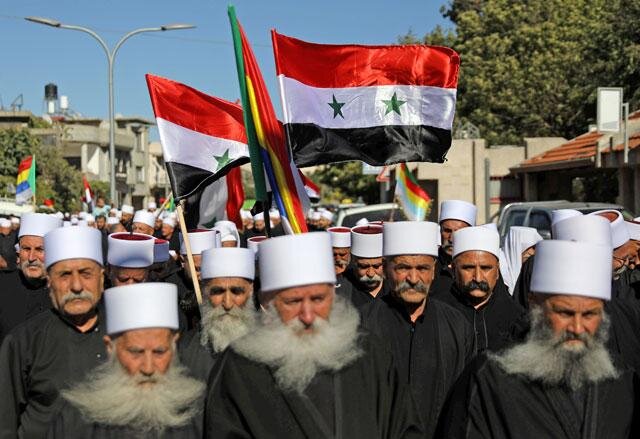
Israel Seizes Opportunity to Attract Syrian Druze Amidst HTS Extremism
Israel has intensified efforts to integrate the Druze community, particularly in the occupied Golan Heights, into its Israelization agenda since October 7, 2023. Led by spiritual leader Muwaffaq Tarif, the Druze are being urged to abandon their Syrian identity. Historically, the Druze have resisted foreign attempts to divide their community, notably during the French Mandate and against Israeli exploitation post-1967. Currently, they face renewed threats from extremist groups like HTS, deepening their fears for safety and identity. Amidst shifting political dynamics, the Druze grapple with their future, emphasizing the need for international support for their cultural preservation.

Israel Escalates Gaza Strikes Following Release of US-Israeli Soldier, Reports Human Rights Group
The situation in Gaza has deteriorated significantly following the release of American-Israeli soldier Edan Alexander on May 12. The Euro-Med Monitor reports an alarming average of 81 Palestinian deaths daily from bombardments, with an additional 17 succumbing to starvation and lack of medical care. This ongoing military campaign, now in its 19th month, is characterized by mass killings and the systematic destruction of vital infrastructure, part of a strategy to eradicate the Palestinian population. Humanitarian organizations are urging immediate international intervention as the humanitarian crisis intensifies, highlighting the urgent need for action to protect human rights and restore peace.
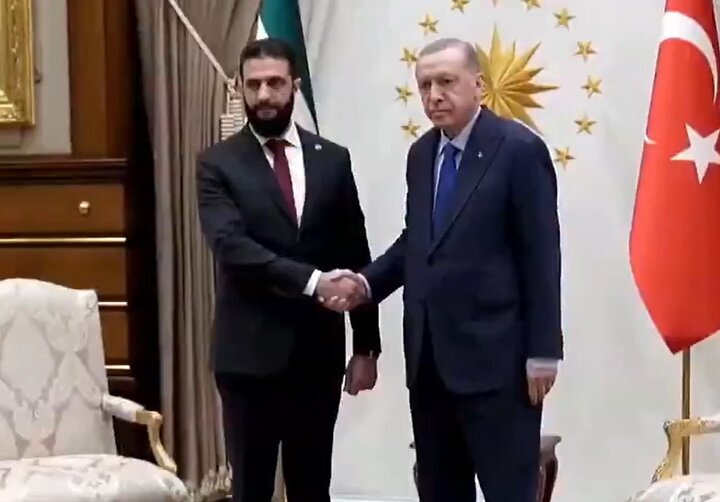
Unpacking Trump’s Game Plan: Key Players and Strategies in the New Syria Landscape
The geopolitical landscape in Syria is evolving due to U.S. foreign policy shifts under Presidents Trump and Biden. Trump adopted a tougher stance against Turkey, favoring a government aligned with Persian Gulf states. His strategies include facilitating dialogue among regional sponsors and potentially partitioning Syria into zones controlled by Turkey, U.S.-backed Kurds, Israel, and a lawless area. Turkey seeks to influence Syrian leadership and dismantle Kurdish forces, while Israel expands its control in the region. Europe, particularly France, may advocate for partition, and Russia’s role is diminishing. Internal divisions persist among factions like Julani’s, complicating Syria’s stability.